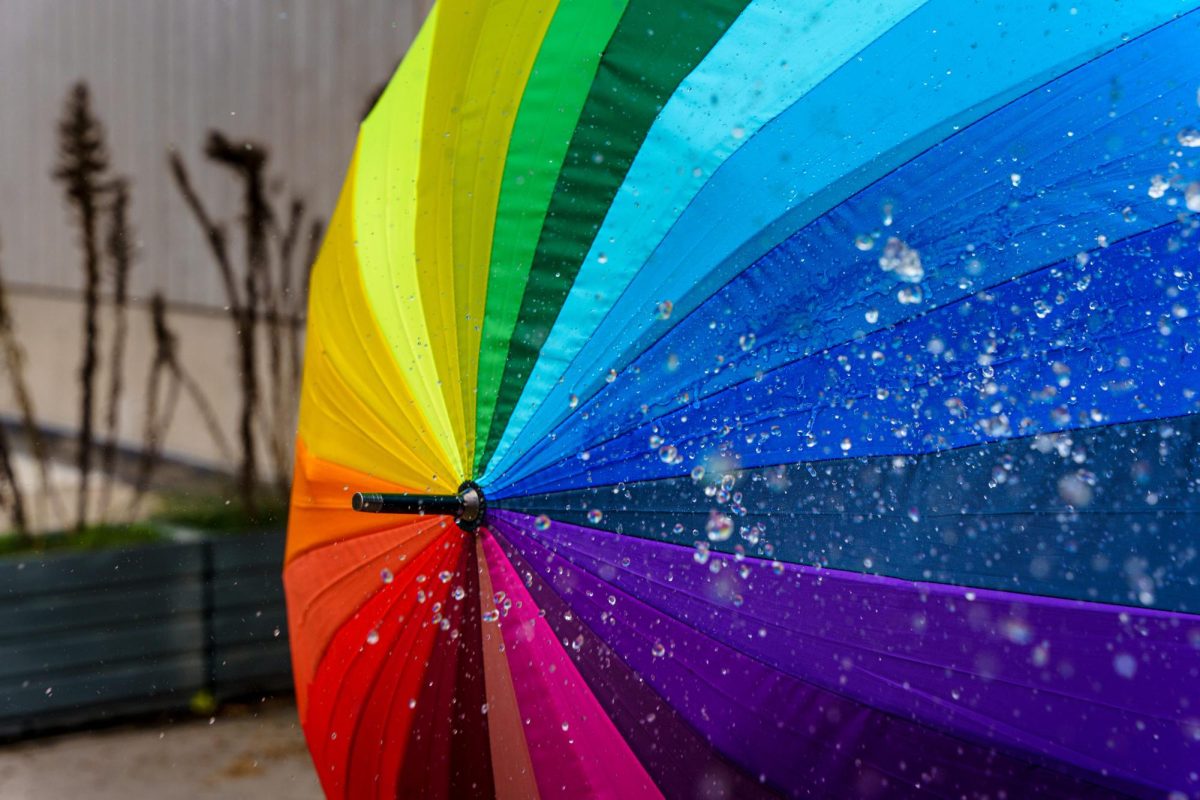This summer, New England experienced its rainiest summer since 1955, on the heels of the summer of 2022, when it experienced its driest summer in 138 years, according to the National Oceanic and Atmospheric Administration (NOAA) and the National Weather Service (NWS). In addition, it was the hottest summer on Earth since recording began in 1880, according to NASA.
CRLS students, like many New Englanders, have increasingly donned t-shirts and umbrellas this year as a result of the extreme heat and precipitation hitting the region. The extreme weather has had numerous impacts on CRLS, including canceled sports games, a postponed club day, and changes to seasonal attire.
In an verbal poll of CRLS fall student-athletes who play an outdoor sport, all responders said their team was affected by extreme weather this year, but few cited Climate Change as a constant stressor.
Kat Levitt ’26 told the Register Forum, “I don’t think it’s the kind of thing where I wake up and it’s like, man, climate change is really making it hot today.”
Similarly, Co Thienot ’25 emphasized the importance of taking responsibility for future effects of climate change while also stating, “It’s not really in my life, honestly.” However, with 80-degree days in August, and last winter’s low snow accumulation, the everyday effects of climate change are becoming increasingly clear in New England and across the globe.
Although here in Cambridge changes are acknowledged, the devastating effects on other parts of the world still seem surreal. According to Paul McGuinness, a biology teacher at CRLS, in an interview with the Register Forum, “[In
North America] we have the technology [and] the economy [so] that most people in North America won’t be as affected.” However, in other parts of the world, climate change is already proving to be debilitating.
For example, Amaya Giannini ’24, a leader of the CRLS club Climate Voices, has family in Thailand that has faced the impacts of climate change through droughts that have damaged crops.
Conversely, this summer, flooding overseas in Libya along with local flash flooding in Montpelier, Leominster, and New York City have been the result of extreme amounts of rain being dropped in short periods, even despite stronger technologies.
According to NASA, for every 1 degree Celsius increase in the earth’s atmospheric temperature, there is a 7% increase in the water vapor in the atmosphere. This means that on rainy days, precipitation is expected to fall harder, increasing the prominence of catastrophic flooding events. In other words, when it rains, it pours. However, this does not prevent the droughts that have also been present in recent years.
Tobe Stomberg, a Biology and Environmental Science teacher at CRLS, told the Register Forum she remembered talking with a fellow biology teacher several years ago about the lack of awareness about climate change. Now, she said, the reality that climate change is in the news cycle and the public eye is “scary but also good.” Scary because it is large enough an issue to be a concern, but good because people are working against it.
The effects of climate change, said McGuinness, are “not something in the future, it’s already happened and we’re living through it now.”
This article also appears in our October 2023 print edition.





















